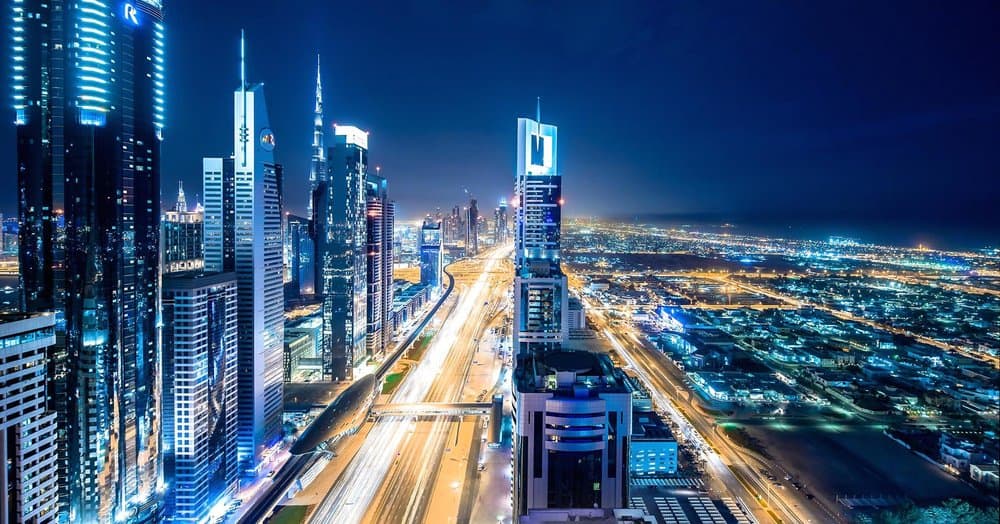
Imagine a city where electric buses drop off passengers inside buildings, where garbage trucks run silently, and where traffic accidents are almost non-existent due to automation technology in vehicles of all kinds.
This is exactly what urban and transportation planners around the world are envisioning for our not-to-distant future.
The new mantra from these planners is silence and zero emissions and just like a Toyota Prius backing out of a parking space, this reality is sneaking up on us quietly and quickly.
Already cities are using facets of smart technology in transportation like electric buses and streetlights that brighten when motion is detected and dim when there is none. And then of course there are the ubiquitous speed cameras that take a picture of your license plate when you are speeding and then do you the courtesy of mailing the ticket to your home.
However, these technologies are only the beginning. With more intense focus on technological applications for transportation, it is not hard to imagine what autonomous vehicles, platooning, drones, further electrification of vehicles, and other technologies will do for our cities.
The overall goal of the city planners is to increase the quality of life for the people who inhabit the city. In their view, this is done through controlling overarching livability issues like air cleanliness, safety, and convenience.
“This is really a new way of thinking about how we better utilize technology to support the quality-of-life issues that citizens both want and need,” Alan Shark, executive director of the Public Technology Institute, told CNBC

But it is not only the public sector throwing money at a pipe dream that is spurring these developments. Private investors are getting into the act as well.
In November, a subsidiary of Bill Gates’s investment firm Cascade Investment LLC, announced that they had partnered with Arizona’s Belmont Partners to construct a new smart city west of Phoenix. The company purchased 24,800 acres of land to build a new city from the ground up that focuses on autonomous vehicles, high-speed digital networks, data centers, new manufacturing technologies and autonomous logistics hubs.
So far Gates has invested $80 million in the project. Arizona’s high amount of sunshine provides ample potential for solar power and the state has a reputation for being tech-friendly. Arizona also happens to be the testing grounds for autonomous vehicles for Waymo, Uber, and Intel.
In October, Sidewalk Labs, which is Google parent company Alphabet’s urban innovation arm, announced a $50 million initial phase investment in a smart neighborhood in Toronto. The project consists of 12 acres on the city’s waterfront and will be called Quayside. Like Gates’s Belmont, self-driving vehicles will fill the streets, autonomous logistics hubs will do the heavy lifting, and data will be king.
And Saudi Arabia announced a $500 billion proposal to construct a smart city from the desert on the Red Sea coast. The city will be called NEOM and will be more of a public-private partnership. Some funds to build the city will come from the Saudi government but money also will come from the country’s sovereign wealth fund and private investors both domestic and international.
The goal of the city is to position Saudi Arabia as a sustainable energy player as the world divests from its oil. Saudi Crown Prince Mohammed bin Salman said the city will operate independently from the “existing governmental framework” of the country.
Stay up-to-date with the latest commentary and insights on FreightTech and the impact to the markets by subscribing.











